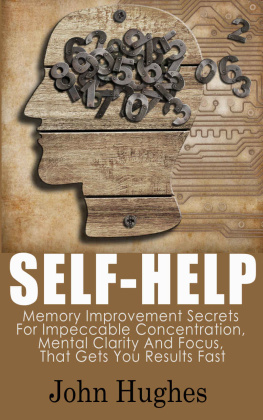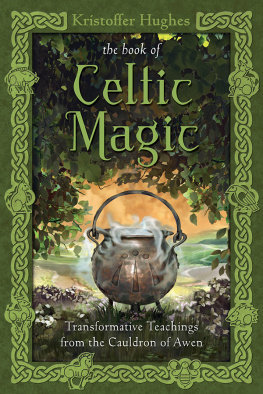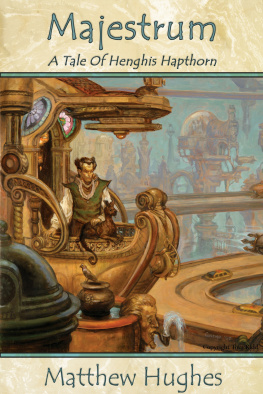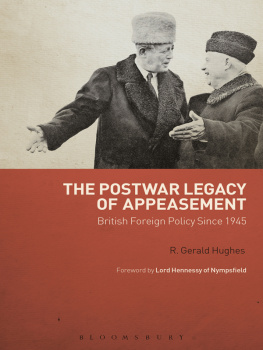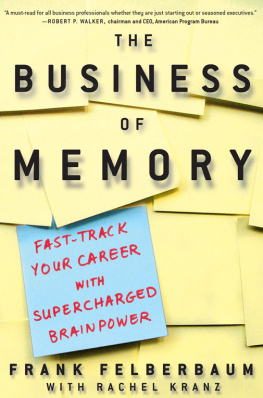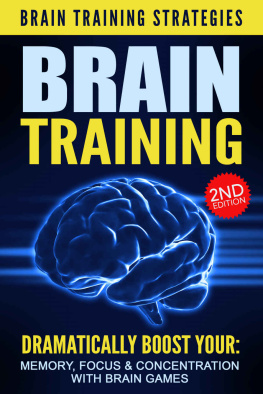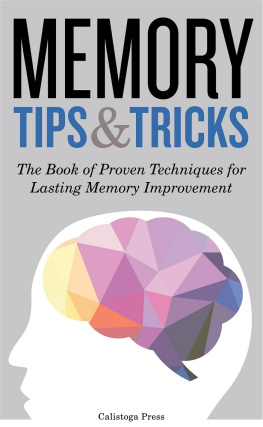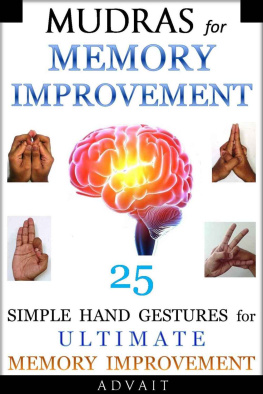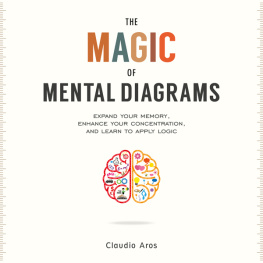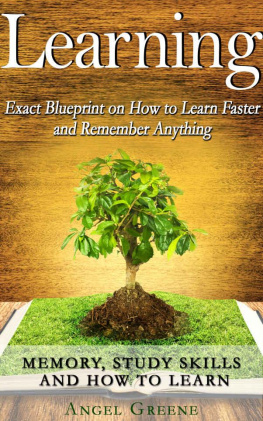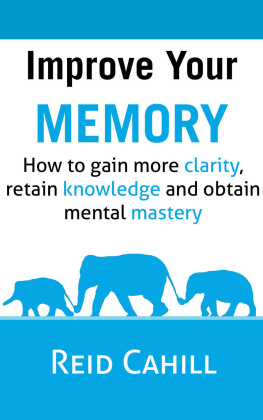Self-Help:
Memory Improvement Secrets for Impeccable Concentration, Mental Clarity And Focus, That Gets You Results Fast
By John Hughes
Table of Contents
Introduction
Strength of your memory is dependent on the functionality of the brain. Mostly while preparing for exams or while preparing for making a presentation in office (without looking at the PPT of course) there are major chances that you would keep your memory upto the mark no matter what happens. Even if you are at a senior position in a company, a teacher, in short anybody, you would know how important it is to keep the memory sharp and in order to do so, i am sure you will do all the efforts you might have known, read or heard.
Brain is a complex entity. Memory comprises only one of the aspects of that complexity. Memory is like hard drive where all the information is stored and processed. Whenever some information has to be retrieved it is procured from the bank of the memory that resides in our brains. We are not solely responsible for the way memory is, a large part of what goes into our system is driven by the external world.
Another term that i am sure all of us have come across very often is concentration. What concentration definitely does not mean is holding eye gaze at a particular object or making a strange and weird facial expression. Memory and concentration go hand in hand although not in a chronological fashion. Concentration simply means that at a certain given point of time you put all your focus and efforts on to that particular stuff. By the use of certain skills and techniques you can improve both your ability to concentrate and also improve your memory.
Anything that is stored in the memory, once stored is never deleted. However, sometimes it is difficult to recall the exact piece of information that you were looking for. Also, there is a high possibility that may be the information that you were looking for was never actually there.
There are various nuances to good concentration and memory. To understand the many interesting ways in which you can improve both your concentration and memory this book will be your guide.
Happy reading!
Chapter 1: Types of Memory
Memory has different forms. It is stored in our brain in different ways. When anything is stored in our memory, we know that we have stored some sort of information. When the information goes into our brain, there is a certain process that follows after that and as a part of the process memory is stored in different ways in our brain.
The way the information is stored and the time for which it is stored determines the type of memory. Broadly speaking there are two types of memory - short term and long term. These two types of memory are categorized based on the time period of the information stored. However, there are many other types of memory that we will be looking at.
Sensory Memory:
The initial information that is perceived through our senses is termed as sensory memory. This process of storing information is really fast and lasts for a really small period of time. Sensory memory does not mean only visual, it involves all the sense organs of the human body. Since it involves all the senses and is there only for a short period of time, it gets replaced continuously.
Short term Memory:
The short term memory or also known as working memory nowadays is the easiest access to information stored by us. It is a temporary arrangement and mostly lasts during that specific time period. Information in the working memory is held by the process of repetition. When we try to remember a phone number we usually repeat the number a number of times. If distracted, it is very easy to forget it. Working memory can be easily forgotten.
Long term Memory:
This complex memory type as the name explains stores an information for a long period of time. May be the whole life time. That is how a 100 year old man can remember the incidents of his childhood. The movies that we watch, sports that we might have played, any important academic information that we might have learnt, the time when we might have graduated etc is all stored as long term memory. This type of memory does not have any capacity issues. A large amount of information can be stored in long term memory. As we grow, we learn different skills, go through different experiences, all this knowledge that we accumulate gets stored as our long term memory.
The Declarative Memory:
In this type of memory all the information that is stored can be retrieved voluntary.
The Episodic Memory:
This type of memory stores all the information that accounts for our personal history. It could be things like the dish we cooked yesterday or the dress we wore etc. All this information gets stored in our brain as episodes.
The Semantic Memory:
Semantic memory or the recorded memory is like the decryption of various processes. In the due course of time we might forget the actual details of things but semantic memory helps us to decode those things and gives us the knowledge of the world.
The Proceeding Memory:
This type of memory is what leads to all the habits that we have. Our automatic behaviour is also determined by this memory. This memory comes to play when we are driving and shifting gears or typing.
The Perception Representation Systems:
This type of system or memory process derives the semantic meaning of the abstract information collected on perceiving shapes, structures, objects, words and faces.
Chapter 2: Connection Between Memory and Concentration
Memory as we know is the basic and most essential process through which we can recall any information. It is the ability to retrieve data stored in our brains related to any events, knowledge, skills and activities. Concentration is nothing but the ability of an individual to pay attention on a particular thing - could be an activity, object or subject.
Memory and concentration do not lead to one another but they are closely linked. The finest example of this link is the fact that whenever we concentrate more we can recall a particular thing much more efficiently. While reading a book if our concentration level is really high than it is most likely that we will remember most of the information that is provided in the book.
Sometimes memory also forms a context for us to concentrate. There are times, mainly because of the way memory would have been stored, that it requires us to concentrate. So, sometimes we have to concentrate on the environment around us in order to recall that particular information.
Another important link between concentration and memory is also the fact that it works both ways. Memory can channelize the way one focuses on things around. It can directly affect the concentration process. This is particularly true in familiar environments in which one has spent a great deal of time. In a new environment, we would often find ourselves lost. But people who have been familiar with that environment will be able to guide us in the right direction for us to concentrate and find the thing that we might be looking for. Their memory serves them to know exactly where what is, and our concentration helps us to discover that thing.
The connection between memory and concentration interests people of various fields like educators, psychologists and even students. If you increase your ability to concentrate, you can in turn improve your ability to memorize things as well. Whether we are students or working professionals we all know and understand the importance of memorization. It is definitely a very important aspect of our lives. By taking different actions and using different techniques we can improve our ability to concentrate thus improving our memory.

